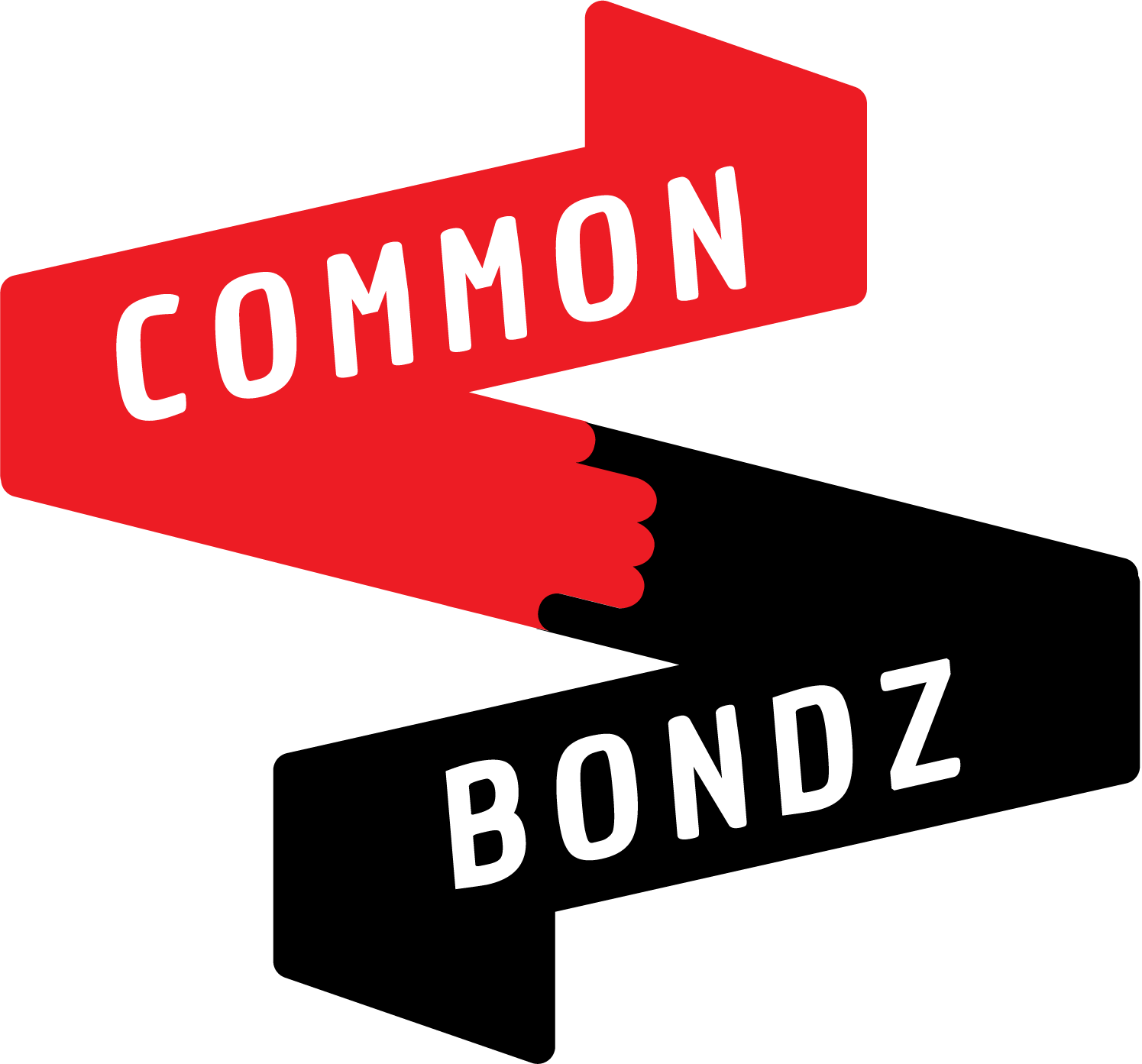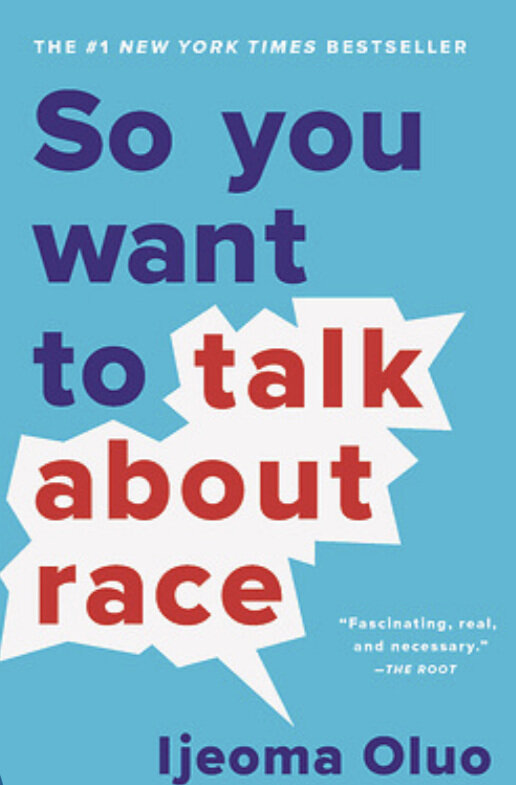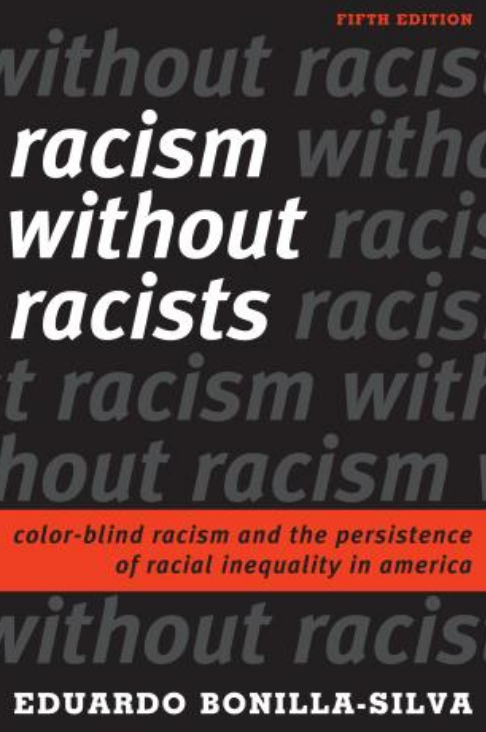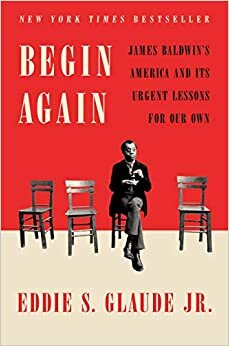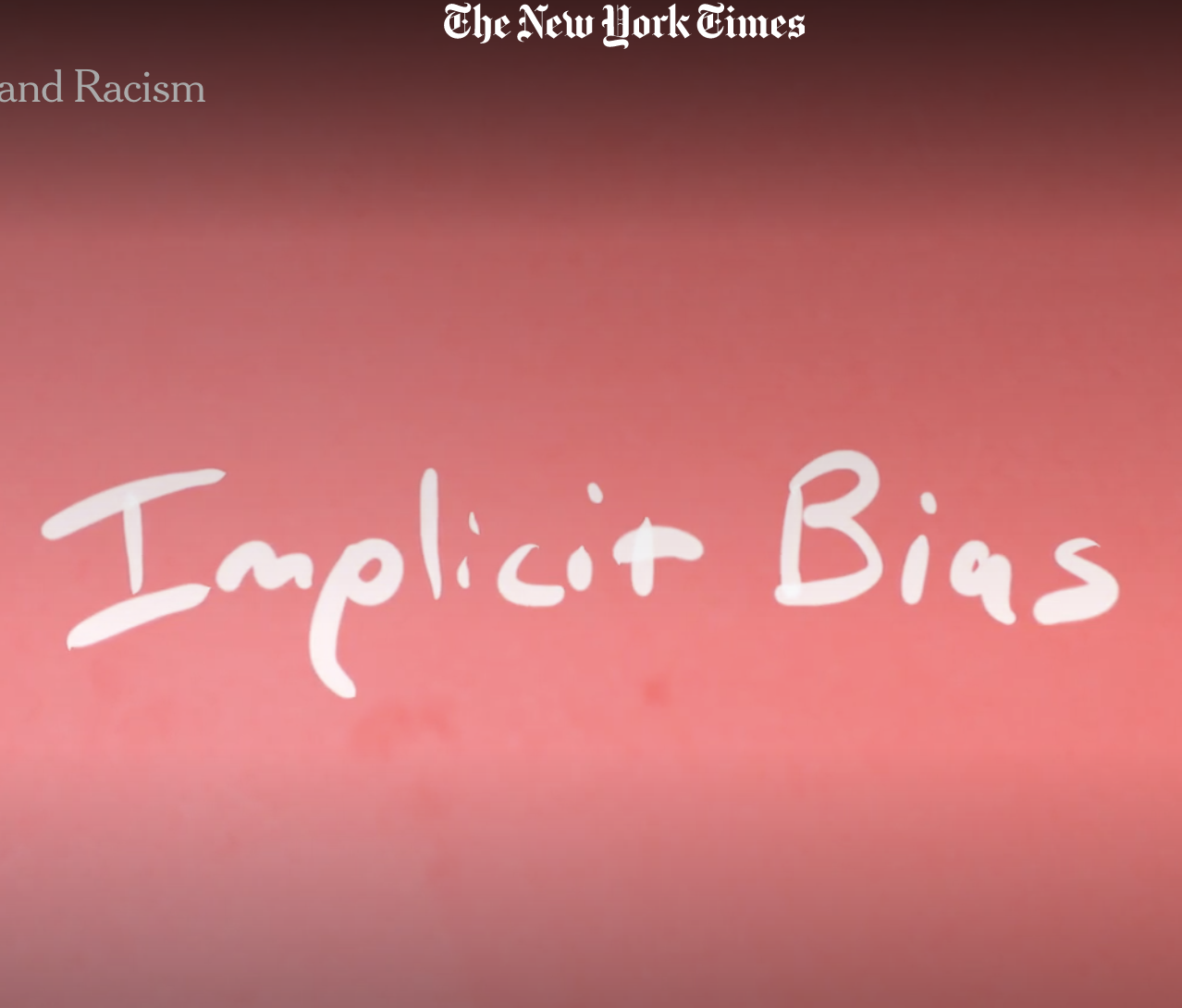Individual Racism
Individual Racism is “an individual's racist assumptions, beliefs, or behaviors and is ‘a form of racial discrimination that stems from conscious and unconscious, personal prejudice’ (Henry & Tator, 2006, p. 329). Individual Racism is connected to/learned from broader socio-economic histories and processes and is supported and reinforced by systemic racism.” (Source: Alberta Civil Liberties Research Centre)
You may be reading this and thinking, “I’m not racist, so I don’t need to learn about individual racism.” However, there are many facets of individual racism that permeate our world outlook - whether we recognize them or not.
“What is important is that the impotent hatred of the virulent racist was built and nurtured by a system that has much more insidiously woven a quieter, yet no less violent, version of those same oppressive beliefs into the fabric of our society. The truth is, you don’t have to “be racist” to be a part of the racist system.”
Understanding Implicit Bias
One way individual racism can manifest on an unconscious level is through implicit bias. The Kirwan Institute for the Study of Race and Ethnicity at Ohio State University explains implicit bias as follows:
Implicit bias refers to the attitudes or stereotypes that affect our understanding, actions, and decisions in an unconscious manner. These biases, which encompass both favorable and unfavorable assessments, are activated involuntarily and without an individual’s awareness or intentional control. Residing deep in the subconscious, these biases are different from known biases that individuals may choose to conceal for the purposes of social and/or political correctness. Rather, implicit biases are not accessible through introspection. The implicit associations we harbor in our subconscious cause us to have feelings and attitudes about other people based on characteristics such as race, ethnicity, age, and appearance. These associations develop over the course of a lifetime beginning at a very early age through exposure to direct and indirect messages. In addition to early life experiences, the media and news programming are often-cited origins of implicit associations.
The Kirwan Institute offers online training modules to help you better understand implicit bias and recognize your own biases. You can check out those out here.
Read more: The Racism You Didn’t Know You Had
Read more: Eight tactics to identify and reduce your implicit biases
The problem with the idea of being “colorblind”
People often use the argument of colorblindness to deny racism - as in, “I’m not racist, I don’t see color.” However, this mindset can actually do more harm than good in the fight for racial equality.
A 2016 study found that this approach “has not been linked to better race relations…Instead, the silence may be a breeding ground for prejudice development.”
An article from The Washington Post explains those findings further:
Most white parents who speak with their children about race adopt a colorblind rhetoric, telling their children that people may “look different” but that “everyone is the same.” They also emphasize the importance of treating “everyone the same.” While these kinds of statements appear laudatory because they advance a racially egalitarian message, many sociologists point to what these statements ignore — enduring systems of stratification that privilege whites and disadvantage people of color.
Read More: White parents teach their children to be colorblind. Here’s why that’s bad for everyone.
Listen: The Power of Bias and How to Disrupt It in Our Children (with Dr. Jennifer Eberhardt)
Instead of using the “colorblind” argument, it’s important to recognize that color DOES exist and racism has significantly shaped nearly every aspect of life in America. Our CommonBondz resources aim to help you better understand how different forms of racism are prevalent in our everyday lives. You can find more educational resources here.
Learn more about Individual Racism
All Resources in this Article:
Implicit Bias Module Series, Kirwan Institute for the Study of Race and Ethnicity
White parents teach their children to be colorblind. Here’s why that’s bad for everyone.
Color Blind or Color Conscious? White American Mothers’ Approaches to Racial Socialization
Implicit bias means we're all probably at least a little bit racist
